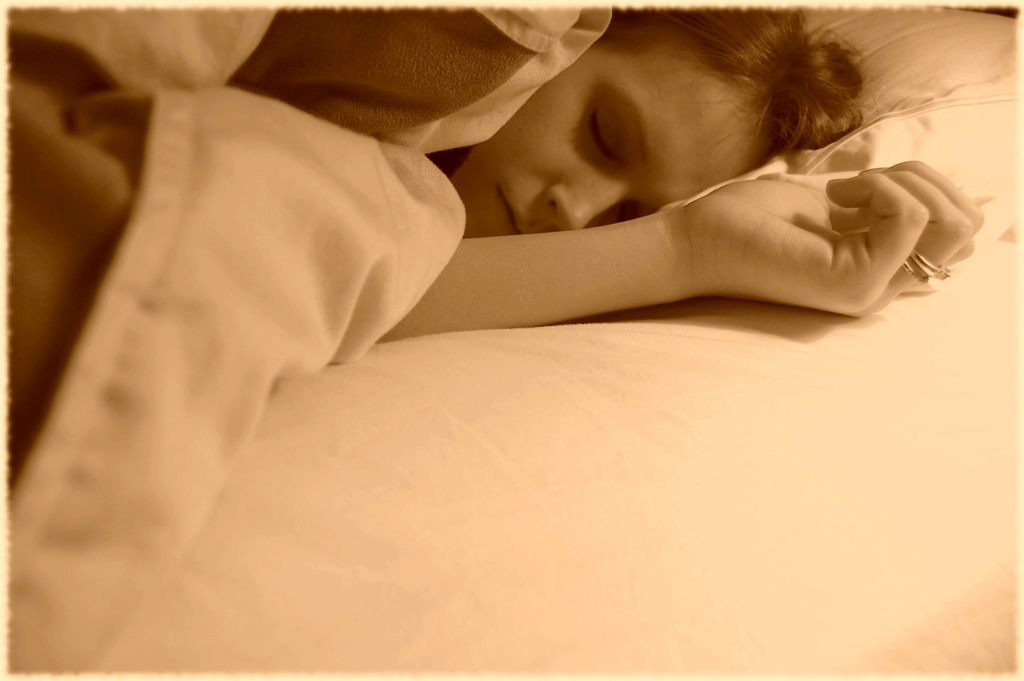
A new study led by Andrea Luppi investigates the links between the groggy state some people feel when they wake up and neural inertia.
By assessing each patient’s individual susceptibility to sleep inertia and current sleep debt, anaesthetists may be able to estimate individual likelihood of their patient experiencing neural inertia.
Andrea Luppi and colleagues
Do you wake up feeling refreshed and full of energy? That’s the traditional depiction of a good night’s sleep, but for many it is not the case. In the first minutes or hours after waking up, they feel groggy and lethargic.
This grogginess is called “sleep inertia” and a new study, led by a Gates Cambridge Scholar, investigates how it might apply to sleep induced by anaesthesia and how understanding it better may help patients to recover.
Sleep inertia varies across people and those with conditions such as narcolepsy suffer most. It is also more common when we don’t get enough sleep.
In the study published in the journal Frontiers in Neuroscience, Andrea Luppi [2017] and colleagues propose that sleep inertia also occurs when people are waking up from artificial sleep induced by anaesthesia.
This “neural inertia” has been described as the difference between the dose of anaesthetic needed to bring
people in and out of unconsciousness and is observed across different species, from invertebrates to
mammals.
Sleep inertia is known to increase with age, and the researchers argue that, if neural inertia is just a form of sleep inertia, it may explain why older people are also more susceptible to neural inertia.
They say testing for individual patients’ susceptibility to sleep inertia may therefore help anaesthetists to predict the occurrence and extent of neural inertia.
They write: “If our hypothesis is correct, then it could have implications for clinical practice: by assessing each patient’s individual susceptibility to sleep inertia and current sleep debt, anaesthetists may be able to estimate individual likelihood of their patient experiencing neural inertia. In turn, this may better equip them to counteract adverse effects such as post-anaesthetic delirium.”
Andrea is doing a PhD in Clinical Neurosciences with the support of a Gates Cambridge Scholarship.
*Picture credit: young woman sleeping by Pedros Simoes, Portugal. Courtesy of Wikimedia Commons.












